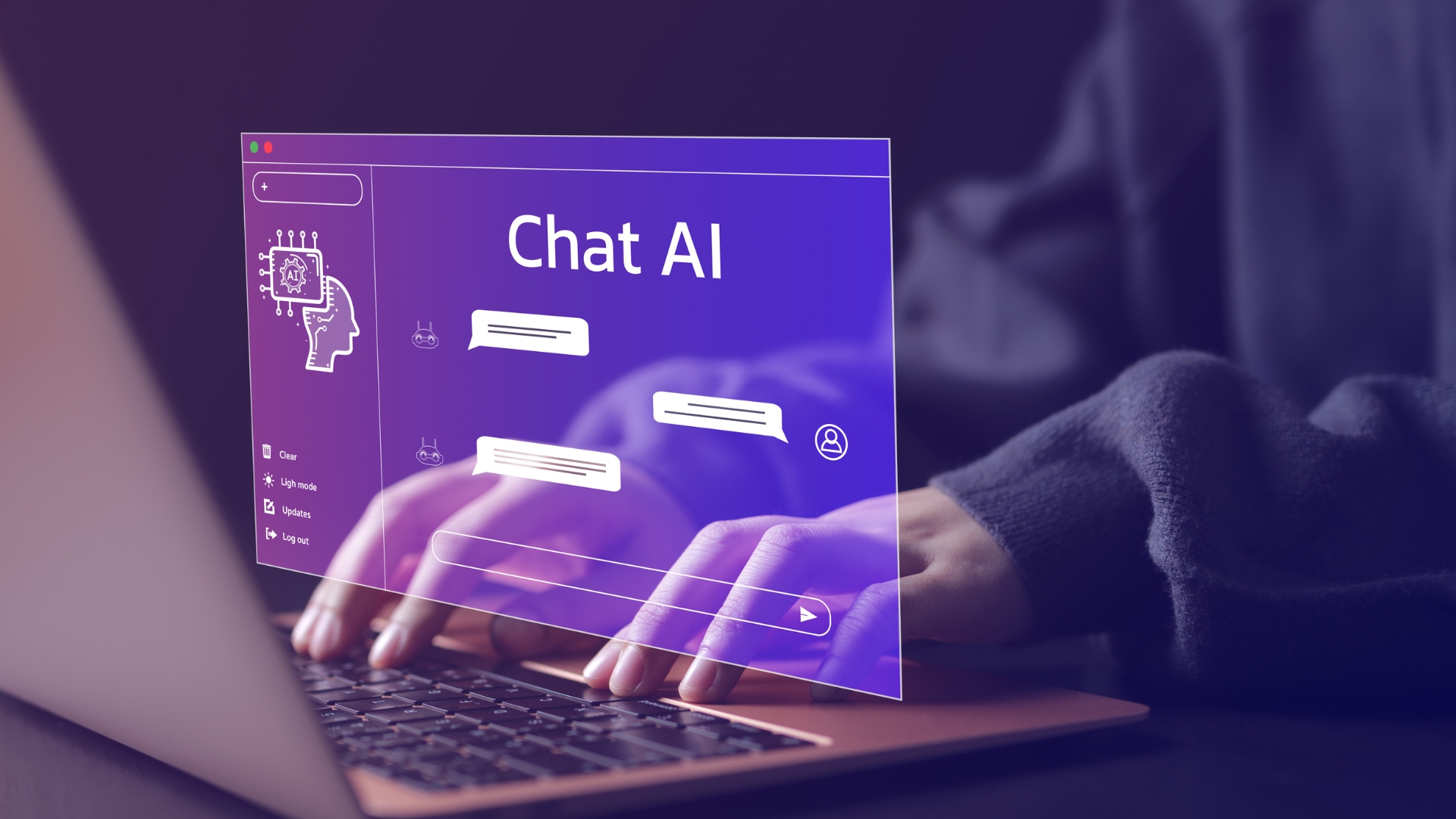April 4, 2024
How Job Seekers with Disabilities Can Use Generative AI to Support Their Job Search

Finding a job can be challenging for anyone, but especially for people with disabilities who may face additional barriers and discrimination in the labour market. Fortunately, there are some innovative technologies that can help job seekers with disabilities access and succeed in employment opportunities. One of these technologies is generative AI.
What is generative AI?
Generative AI is a type of artificial intelligence that can create new content, such as text, images, audio, or code, based on some input or data. For example, generative AI can write a poem based on a theme, draw a picture based on a description, or generate a resume based on a person’s skills and experience. Some of the popular generative AI tools that you may have heard of are ChatGPT, Copilot (formerly known as Bing Chat), or Gemini (formerly known as Bard). You also may have seen generative AI added to different software you use to help you create content faster.
How can generative AI help job seekers with disabilities?
Generative AI can help job seekers with disabilities in various ways, such as:
- Creating resumes and cover letters: Generative AI can help job seekers with disabilities craft professional and personalized resumes and cover letters that highlight their strengths and achievements. Job seekers can provide some basic information, such as their name, education, work history, and skills, and generative AI can generate a resume or cover letter that matches their profile and the job they are applying for.
You can also find tools like Jobscan that utilizes AI to help you build a resume and cover letter that gets through Applicant Tracking Systems. All job seekers with disabilities that are being served by CCRW benefit from Jobscan’s technology in our Career Management Portal. This will allow you to make a resume customized to job postings faster. - Preparing for interviews: Generative AI can help job seekers with disabilities practice their interview skills and prepare for common questions. Job seekers can use generative AI to simulate an interview scenario, where they can interact with a virtual interviewer and receive feedback on their performance. Generative AI can also provide tips and suggestions on how to improve their communication, confidence, and body language.
At CCRW we are currently piloting VR as a training tool for job seekers with disabilities. The software we use, VirtualSpeech, utilizes generative AI to provide feedback on how participants can improve in scenarios like interviewing or speaking with their manager. We also have created a resource sheet on prompts you can use in generative AI chats to generate potential interview questions to help you prepare. - Writing email communication: You can use generative AI to write emails that are clear, concise, and appropriate for employers, recruiters, or hiring managers. You can customize the tone and style of your emails to suit your personality and preferences. For instance, “Please draft an email to a hiring manager in the retail industry thanking them for interviewing me for a Customer Service position. The email should be brief and written in a professional tone.” Generative AI can save you time and effort in crafting professional emails, and help you communicate effectively with potential employers and recruiters.
Where can job seekers with disabilities find generative AI tools?
There are many generative AI tools and platforms available online, some of which are specifically designed for people with disabilities. Here are some examples:
- As previously mentioned, ChatGPT, Copilot, and Gemini are popular generative AI tools. However, with great power comes great responsibility. Please ensure you are educated and aware on how you can safely use generative AI. It is important to protect your identity and information. Within these tools, if you have a premium level subscription, you can access different add-ons or plugins that customizes the chat for more specific tasks like job searching.
- CCRW’s Career Management Portal, a resource portal for job seekers with disabilities being served by CCRW, has generative AI integrated using Jobscan’s technology and through VR training using VirtualSpeech. This portal is designed to be a toolbox for job seekers with disabilities. Using these tools through CCRW’s portal are funded by the Government of Canada.
- LinkedIn, a social media platform for professionals, has integrated generative AI to improve LinkedIn posts for those looking to establish their professional brand on the platform. Canva, a popular design tool, has integrated generative AI to create designs and templates like resumes, cover letters, or job portfolios. Both platforms require a paid subscription.
- Create a presentation in PowerPoint. On each slide include a job interview question. Start the presentation and ensure you’re using “Speaker Coach”. Answer the question on each slide exactly as you would in an interview. Speaker Coach is an AI feature in PowerPoint that will give you feedback on your pace, filler words, how formal your speech is, and more.
Conclusion
Generative AI is a powerful and promising technology that can help job seekers with disabilities overcome some of the challenges they face in the job market. By using generative AI tools and platforms, job seekers with disabilities can create and improve their resumes and cover letters, prepare for interviews, and find suitable jobs in Canada. Currently there are many generative AI tools, unfortunately a lot require a paid subscription for more customized job search tools. The free versions of ChatGPT, Copilot, and Gemini will allow you to write prompts that can customize your chats with their AI, but you will need to continue to input these directions with each new chat.
If you’re a job seeker with a disability who is needing support in their job search or using tools like what we’ve described in this blog to improve your job search, contact us today.
Subscribe
Sign up to receive updates from CCRW.